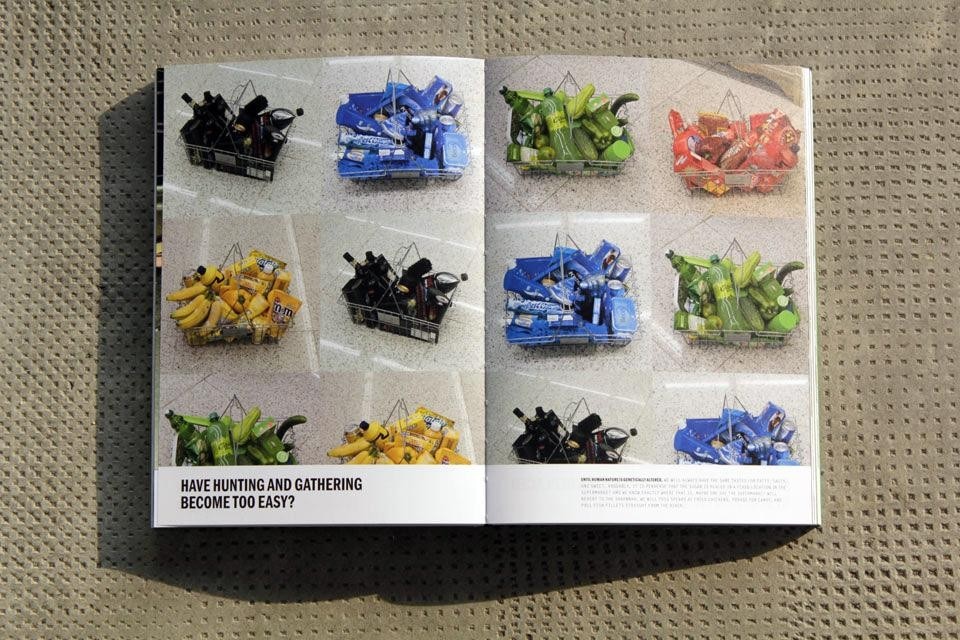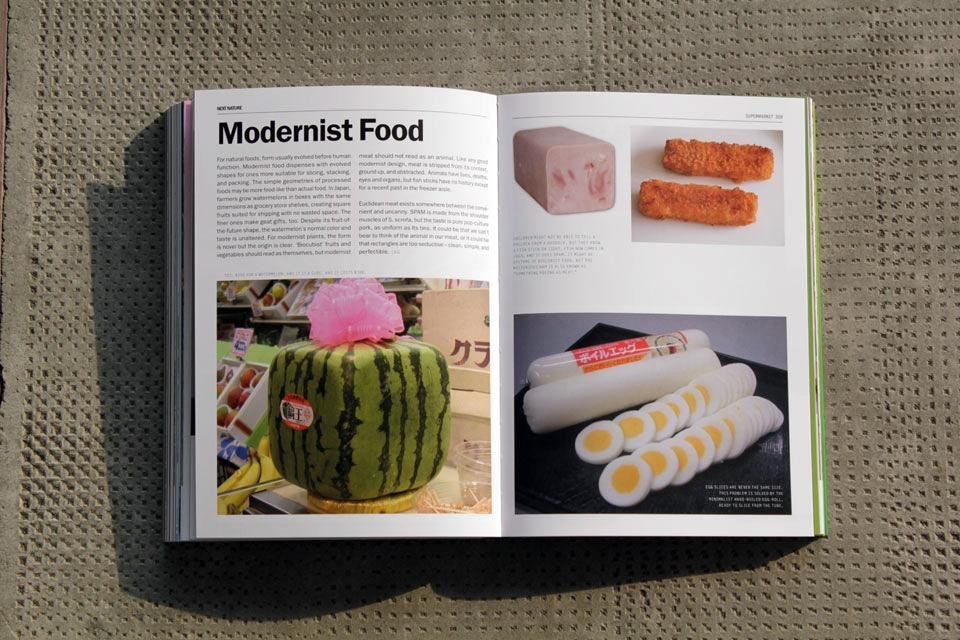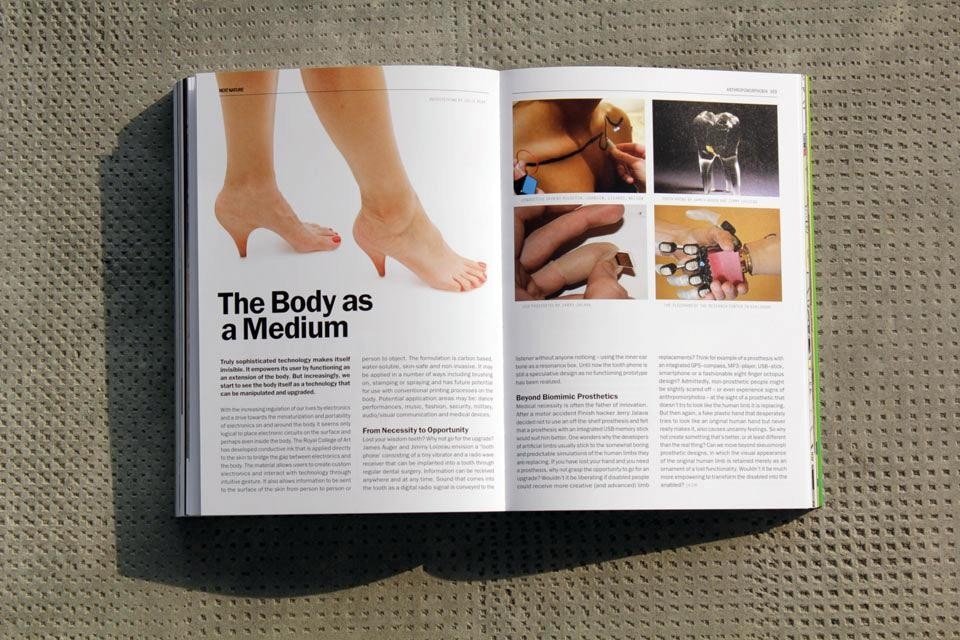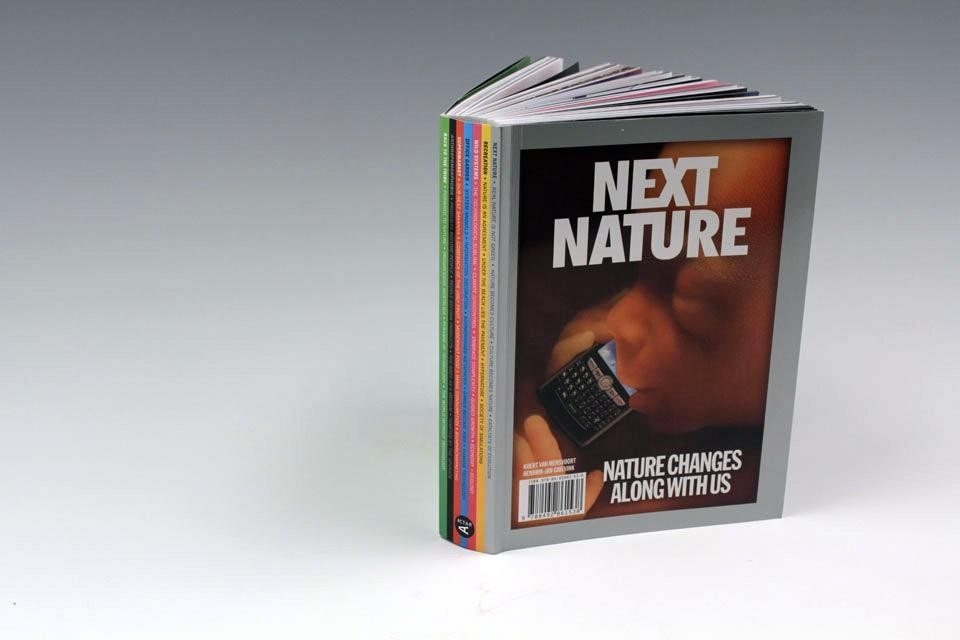Exhibit A in Case No. CV11-10322, currently being heard in the US District Court in Los Angeles, consists of advertisements for the vast range of Tostitos and Sun Chips products. A quick scan reveals that this cornucopia of fried corn variations is marketed with an equally diverse set of promises, ranging from the optimistic "Hello healthier living" to the liberating "Trans Fat-, Gluten-, Additive-, Casein-, Lactose-, msg-, Onion-, and Pig (Porcine)-Free". All of them, however, claim to be made with 100 per cent all-natural ingredients. "But," argues plaintiff Julie Gengo, a consumer residing in Richmond, California, in her summary of allegations, "Tostitos and Sun Chips products are not made of 'all-natural' ingredients." The corn and vegetable oils of which they consist are made from genetically modified plants, and "a recognised defining characteristic of genetically modified foods is that they are not natural." The plaintiff was thus damaged, in an amount to be determined at trial, because she did not get the "all-natural" products that were advertised and for which she had paid. Unfortunately for Gengo, "natural" is a term for which the US Food and Drug Administration (among others) does not possess a working definition. Should a product made from a plant in whose DNA naturally occurring organisms (humans) have inserted naturally occurring genes from another naturally occurring species be called artificial? More succinctly: what is nature? And does the nature caused by people still qualify?

While the physical book serves to amplify the website's existing faults (glib and stiff writing, combined with overexposed examples), it offers its own benefits: at nearly 500 densely packed pages, the sheer volume of this catalogue of next nature is exhilarating.

Certainly, in an era of anthropogenic climate change, geo-engineering, assisted migration and all-natural genetically modified corn snacks, this kind of new perceptual framework is desperately needed




